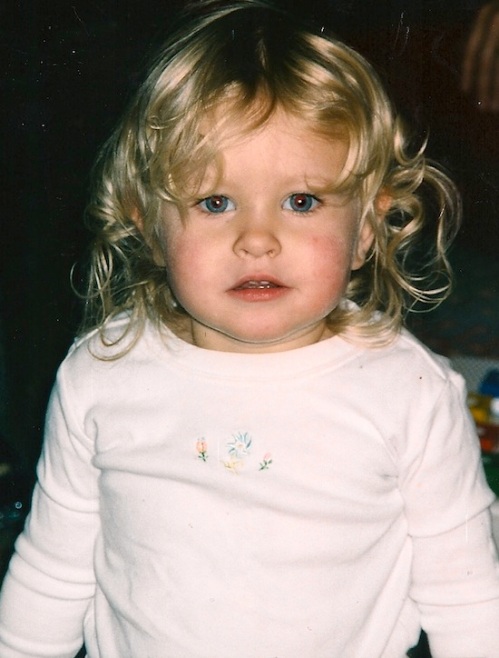“Having a voice after years of being ignored saves me from treacherous loss. Years of nothing, makes the smart ideas percolate. It is a strong force within, waiting for encouragement.” ~ Emma
There are people who would like to silence my daughter and those like her. One person recently accused me of “exploiting” my daughter to “satisfy your own vanity and craving for attention” by publishing things Emma’s said she wants others to read. This particular person went on to write (as though to Emma), “Autistic people are irrelevant in your mother’s world. And parenting is more of a competitive sport to her than a domestic responsibility. That is truly disgusting.” And yet if I do not publish the things my daughter writes and says she wants others to read and understand, then I become the silencer. I cannot presume her competent, but then selectively do so, by not publishing what she has asked to have published.
As with my older child, we have discussed, and continue to discuss at length the internet, the importance of realizing what one says on the internet, stays on the internet. We have discussed issues around human rights and advocacy. We are currently engaged in an ongoing discussion related specifically to blog writing because of the book we are reading, I am Malala in which Malala writes about being increasingly threatened and silenced by the Taliban and how her right to an education was taken from her simply because she was born female.
There are those who say that the words someone like my daughter writes are not really hers. This is a different way of silencing, but it is as equally brutal and effective. They say that because science has not shown RPM to be an easily replicated method it is therefore suspect. They say, parents like me are so determined to believe in their child’s intelligence and competence, we will go to any lengths to “believe” even when it’s clear (to them) our children cannot possibly be the competent beings we know they are. This is the opposite of presuming competence. They go on to suggest that though (in the case of RPM, where there is no physical contact of any kind) no one touches my daughter, those nearby are able to influence, so much so that they can actually force the person to point to letters, which spell out things they do not mean to write.
People like my daughter are in a perpetual state of limbo, a kind of no man’s land, neither here nor there. For those of us speaking out, writing about all of this, giving our children a platform from which to write, we are easy targets. There will always be people who disagree. There will always be people who are threatened by ideas that confront what they believe and have been told. There will always be people who viciously attack for reasons that may or may not be apparent to those they strike out at. I’ve been fortunate and have not had many who have attacked. In fact this recent commenter is the only one who has come after me, repeatedly, with such viciousness and undisguised hatred.
But I will not be silenced, nor will I allow my daughter to be; as long as she wants to be heard, I will do all I can to make sure she is.
*Emma chose this photograph to go along with her and my words. Yes, I read this to her, before publishing. And sadly, it seems, I must also state the obvious, I do not and will not publish anything ever, that she does not want me to publish. This blog will disappear the instant Emma tells me she wants it taken down.








